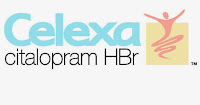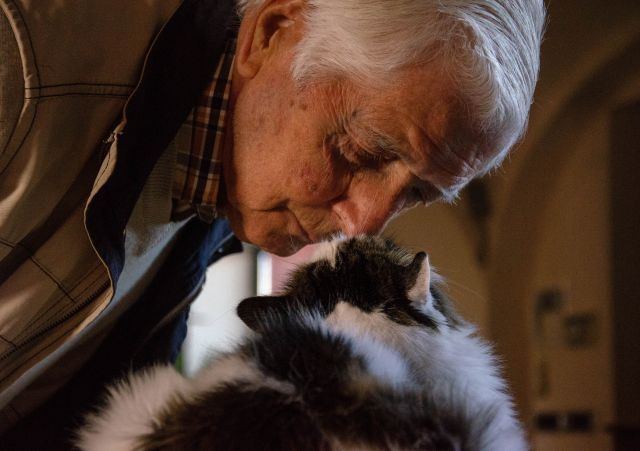
Eating More Ketones May Fight Alzheimer’s
Ketone-rich diets increase the SIRT3 protein that protects neurons from death during the progression of Alzheimer’s disease. But how does it work? Find out more.

Ketone-rich diets increase the SIRT3 protein that protects neurons from death during the progression of Alzheimer’s disease. But how does it work? Find out more.

NEW STUDY: Beetroot is known for improving blood flow—but that may matter more for dementia than many people realize. See the evidence and and what caregivers should realistically take from it.

VIDEO + ARTICLE:
Ergothioneine (ET) from mushrooms has been associated with brain health for years. In a six-year study, seniors consuming 300 grams of mushrooms weekly had 50% less risk of mild cognitive impairment (MCI, often referred to as pre-dementia). Get the facts about this correlation.

Betanin makes beets red. Betanin slows the #1 Alzheimer’s culprit, brain plaque. Learn the way it fights dementia and how much to eat or drink.

DIET VIDEO + ARTICLE: Walnuts fight Alzheimer’s in a big way in the lab. Learn how walnuts appear to have a beneficial effect in reducing risk, delaying onset, slowing progression and preventing Alzheimer’s.

Healthy foods make a healthy brain. Healthy food NETWORKS (which are the foods you eat together), may offer an even bigger benefit.

NEUROPROTECTIVE HOLIDAY RECIPE: Brain-healthy pumpkin pie gets a new twist with a crunchy, neuroprotective walnut streusel topping. Try this easy recipe that starts with a store-bought pie crust!

DIET: Add nuts to your meals to eat better and fight dementia. Discover three great ways nuts help your brain-boosting diet.

VIDEO + ARTICLE: Roasting coffee beans produces Phenylindanes, which inhibit tau and amyloid plaque, the two big culprits behind Alzheimer’s and Parkinson’s. Learn how they defend against cognitive decline.

DIET VIDEO: An explosion of research on the Mediterranean Diet clearly associates it with less risk of getting Alzheimer’s and lower mortality for people who have Alzheimer’s. Get the facts.

The antidepressant drug citalopram, also sold under the brand names Celexa and Cipramil, significantly relieves agitation in Alzheimer’s. Learn about the benefits and side-effects.

When Memory Loss Becomes Invisible to Those Who Need Help Most

Researchers in Florida find that robotic pet cats improve mood, behavior and cognition in older adults with mild to moderate dementia. Find out more.

The antidepressant drug citalopram, also sold under the brand names Celexa and Cipramil, significantly relieves agitation in Alzheimer’s. Learn about the benefits and side-effects.

Researchers in Florida find that robotic pet cats improve mood, behavior and cognition in older adults with mild to moderate dementia. Find out more.

Ketone-rich diets increase the SIRT3 protein that protects neurons from death during the progression of Alzheimer’s disease. But how does it work? Find out more.

Memory failing? New research shows you may need help, but not for dementia. Memory slips, stress and fatigue are growing in people with healthy memory.
No spam, only news and updates.


